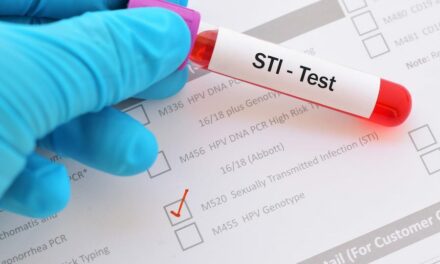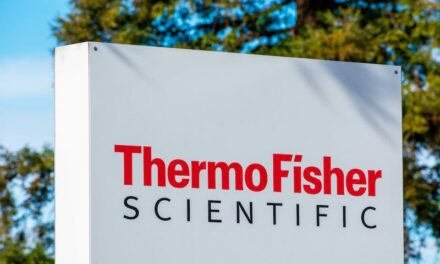Auxilium Pharmaceuticals Inc, a specialty biopharmaceutical company, today announced that new data from the two-part HYHYHI Study (Hypogonadal Hypotestosteronism in HIV-Seropositive Men) were presented as a poster today at the 5th International AIDS Society (IAS) Conference in Cape Town, South Africa.
This retrospective chart review, supported by the Company, evaluated the challenges associated with diagnosing low testosterone in men with HIV/AIDS. The study also compared the difference in testosterone levels achieved after 12 months of treatment with either Testim® 1% (testosterone gel) or AndroGel®, two commonly used FDA-approved testosterone replacement products.
Results from the study showed that when using the more sensitive Free Testosterone test (FT <50pg/ml) as a measurement, approximately 64% of the 396 men in the study were diagnosed with Low Testosterone (Low T), whereas only 35% of these men in the study would have been diagnosed with Low T when the more commonly used Total Testosterone (TT<300ng/ml) was used. Dr. Gary Blick, MD, A.A.H.I.V.S., medical and research director of CIRCLE Medical, stated that men with HIV/AIDS often have lower levels of Free T due to an increase in the protein SHBG (sex hormone-binding globulin), which can restrict the amount of testosterone available for the body to use.
Patients using Testim for at least six months achieved median Total T levels of 682 ng/dL (80% increase from baseline) and Free T levels of 102 pg/mL (69% increase from baseline). Those using AndroGel over a similar time period achieved Total T levels of 450 ng/dL (17% increase from baseline) and Free T levels of 87 pg/mL (47% increase from baseline). The study also showed that 5.3% of patients using Testim switched to another treatment, versus 15.2% of those using AndroGel. Additionally, 2.7% of patients using Testim titrated to a higher dose, versus 24.1% of those using AndroGel.
“The incidence of low testosterone in men with HIV/AIDS may be even higher than previously estimated,” said Dr. Blick. “Results from this study suggest the use of free testosterone may provide a more sensitive method of diagnosing Low T in men living with HIV/AIDS and allow them to begin treatment with a testosterone replacement therapy, such as Testim, in order to restore normal testosterone levels.”
Source: Auxilium Pharmaceuticals Inc




